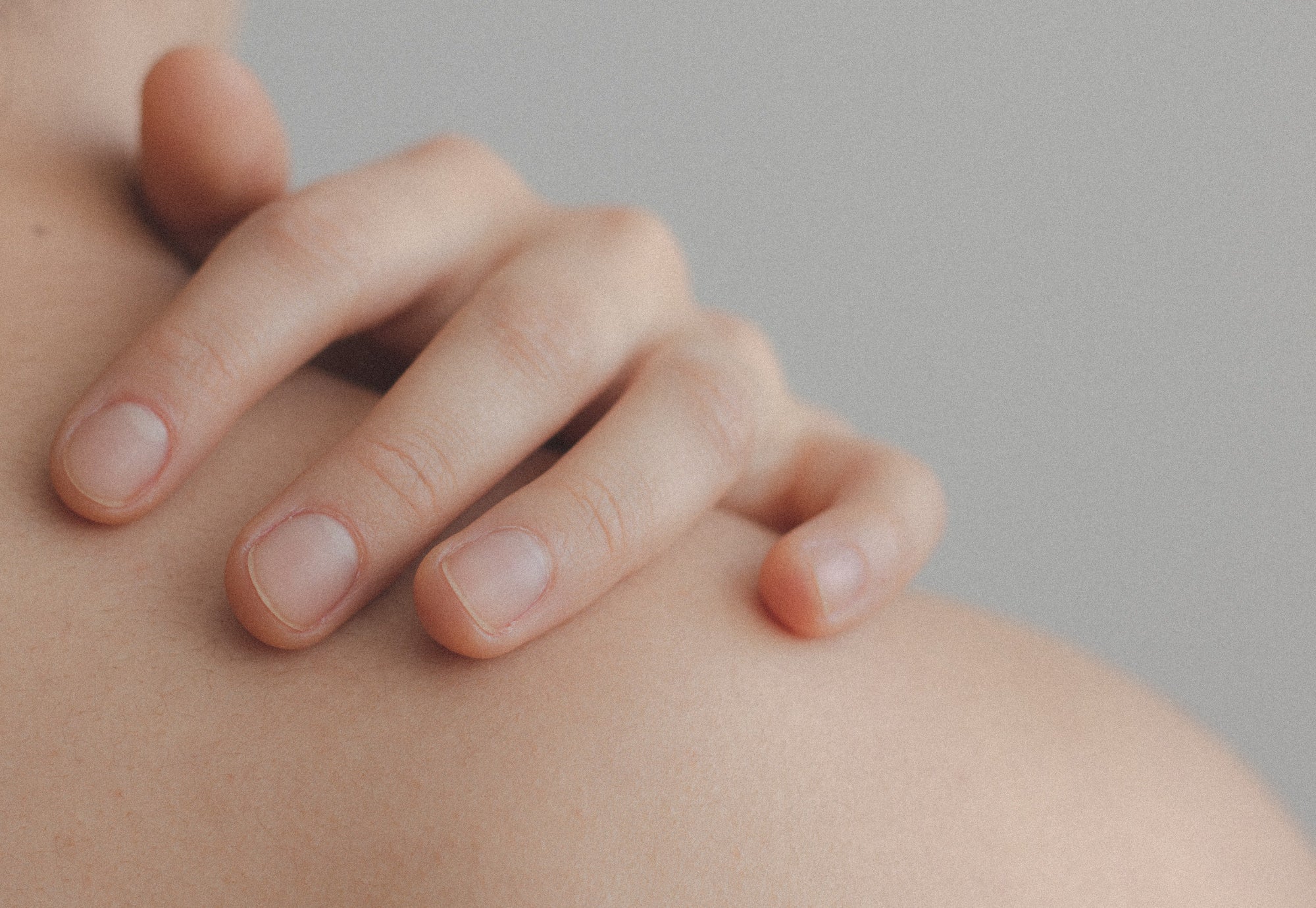Our skin is the largest organ in our body, serving as a protective barrier against external elements. But did you know that hormones play a vital role in maintaining the health and appearance of our skin?
As a result, hormonal changes can profoundly impact our skin's condition, leading to various skin issues, including acne and dryness. This article will dive into the fascinating relationship between hormones and skin health, shedding light on how these powerful chemicals influence our complexion.
Understanding Hormones
Hormones are microscopic messengers that maintain various bodily functions. The endocrine glands produce the hormones, which move through the bloodstream to target organs or cells, where their effects take hold. Hormonal balance is imperative for overall well-being, and any disruptions can erupt in various ways, including skin issues.
Different kinds of hormones are produced in the body, and each one is important and affects the skin in different ways. Therefore, it's essential to understand each hormone and how it affects overall skin health.
Hormones and Skin Health
Estrogen
Estrogen is primarily found in women and produced in the endocrine glands and ovaries. Still, men have smaller amounts and need the hormone for softer skin. In addition, estrogen helps maintain the skin's thickness, elasticity, and overall moisture level. When your skin becomes dry, it can break or tear easily.
During a woman's childbearing years, collagen production is directly impacted by the amount of estrogen produced. Estrogen, among other tasks, helps keep the skin youthful and firm. But during menopause, estrogen levels fall off a cliff, and once supple, skin becomes drier, thinner, and more prone to wrinkles.
Progesterone
Progesterone, like estrogen, is another crucial female hormone. Most people associate it with the menstrual cycle and fertility. However, progesterone may also cause oily skin and potential breakouts due to increased sebum production. In addition, the rising sebum may cause pre-period acne flare-ups from the progesterone hormone fluctuations.
Testosterone
Testosterone is mainly associated with developing male characteristics, such as muscles and a deeper voice. Still, the hormone is also present in women in smaller amounts. Like progesterone, higher testosterone levels may produce excess sebum, producing oily, acne-prone skin. In addition, women experiencing polycystic ovary syndrome (PCOS) may have elevated testosterone levels, leading to more severe acne and other skin issues.
Cortisol
Cortisol, the stress hormone, increases in response to stress and helps the body deal with it. However, prolonged cortisol elevation can lead to chronic stress. It can lead to prolonged stress, which can poorly affect the skin's health. Symptoms of poor skin health include dryness and inflammation. It can even lead to more severe and painful conditions like eczema and psoriasis.
Common Skin Problems Influenced by Hormones
Acne
Acne, typically associated with the teenage years, may also become an issue for those experiencing hormonal fluctuations. Menstrual cycles come from the increase or decrease of estrogen and progesterone. Menopausal women may also have acne due to low estrogen and high progesterone. Signs of acne include pimples, inflammation, and red skin.
Dryness and Wrinkles
Wrinkles are an inevitable part of aging, and there is no cure, but skin issues due to hormones directly affect moisture and elasticity. Poor hormone levels may increase the number of wrinkles and how deep they are on the skin. You may also have a dull complexion and lose your youth's rosy tinge of vitality.
Hyperpigmentation
Hyperpigmentation is the changing color of one's skin, particularly on your face. This typically occurs when a woman is pregnant or taking hormonal contraceptives. It can trigger increased melanin production, resulting in hyperpigmentation. Hyperpigmentation can result in a pregnancy mask or melasma.
Sensitivity and Inflammation
Your skin's sensitivity can come from stress, medical conditions, or a hormonal imbalance. Sensitivity may also come from inflammation, resulting in painful skin tightening. Another condition that may occur is rosacea. It's a skin condition that resembles acne but commonly affects middle-aged women and resembles a deep blush with pus-filled bumps.
Managing Hormonal Skin Issues
Skincare Routine
Washing your face before bed and when you wake up helps establish a consistent skincare regimen to improve breakouts and manage hormonal skin issues. Choosing gentle cleansers, moisturizers, and targeted treatments for your skin and concerns is essential. For example, salicylic acid to treat acne is common but may irritate your skin further. For this reason, it's crucial to meet with a dermatologist to narrow down the most suitable treatment and products for the overall health of your skin.
Hormonal Treatments
Hormones directly affect the health of your skin, so supplementing with high-quality hormones may be the answer. This is especially important if you have hormonal acne, PCOS, or menopause. In addition, dry, flaky skin prone to wrinkles directly affects the quality of your life. Hormone replacement therapy (HRT) includes oral contraceptives, tablets, and transdermal creams applied to the skin. Bioidentical hormone creams are proven to work and come with many benefits. You can purchase bioidentical hormone replacement creams online without a prescription.
Stress Management
Stress affects every aspect of your life, including your skin. Of course, you can manage stress differently, but common treatments are exercise, meditation, adequate sleep, and hormone supplementation.
Balanced Lifestyle
Managing stress also comes with improving your overall lifestyle. In addition, consuming a diet full of fruits, vegetables, healthy fats, and proteins will enhance the quality of your skin. Experts also suggest taking omega 3s and b vitamins for increased skin health. It's essential to drink plenty of water, avoid too much sun, and refrain from smoking.
The skin's health and appearance come from an optimal hormone balance. Therefore, obvious skin concerns can develop when you experience fluctuations or severe drops in testosterone, progesterone, estrogen, and cortisol levels. These concerns include dryness, swelling, acne, hyperpigmentation, and general sensitivity. In addition, it can result in developing wrinkles faster.
By managing stress, making smart lifestyle choices, and hormone supplementation, you can improve the quality and elasticity of the skin. But first, consult a dermatologist or doctor for a correct diagnosis and a specific treatment plan.



